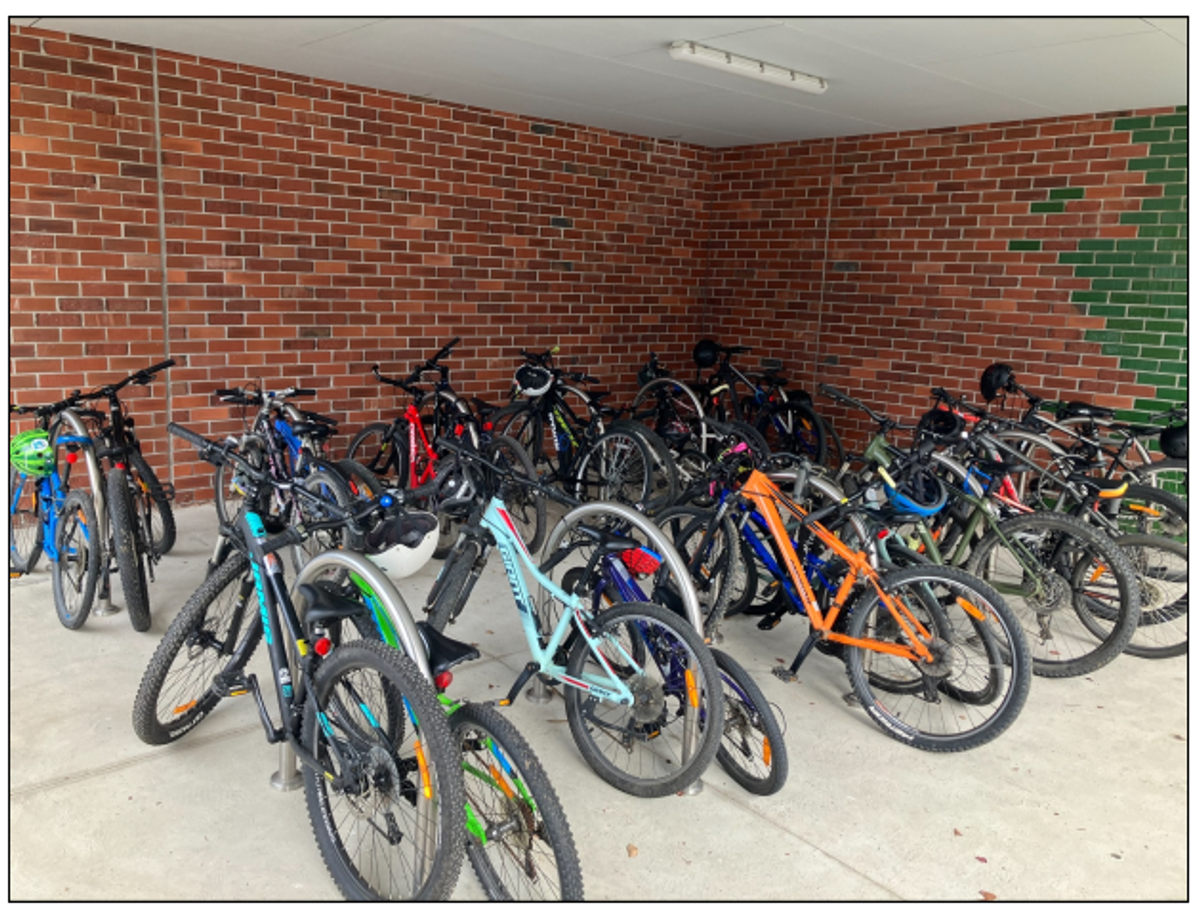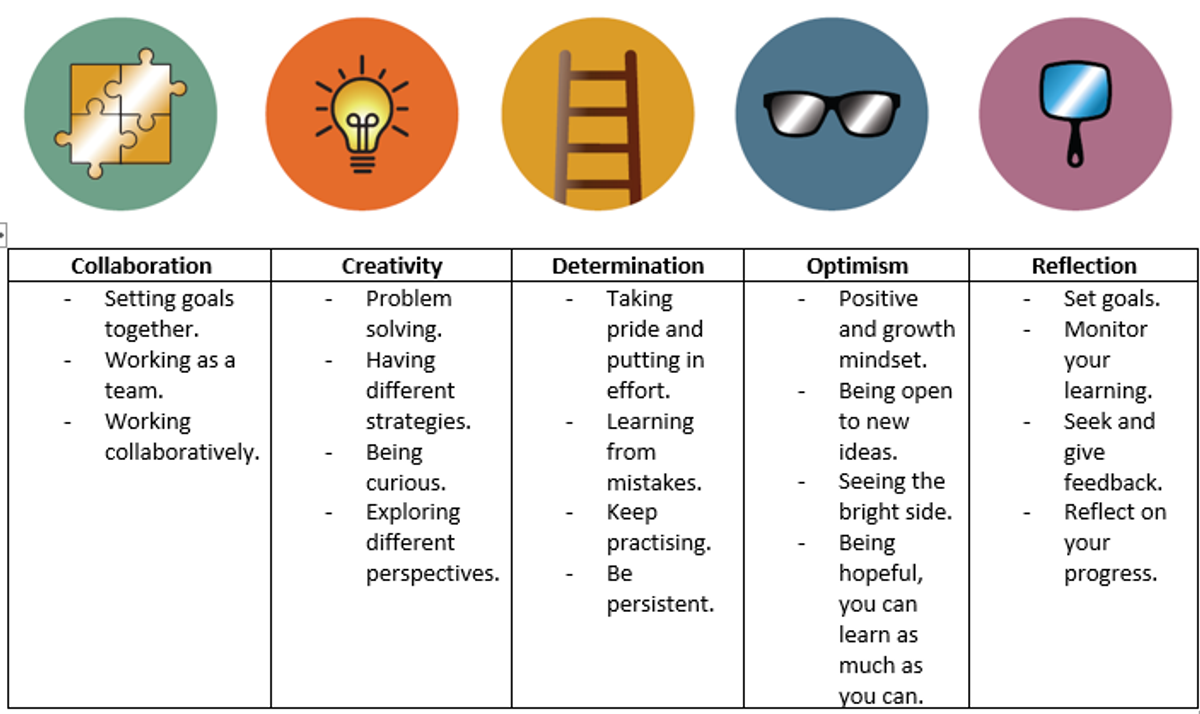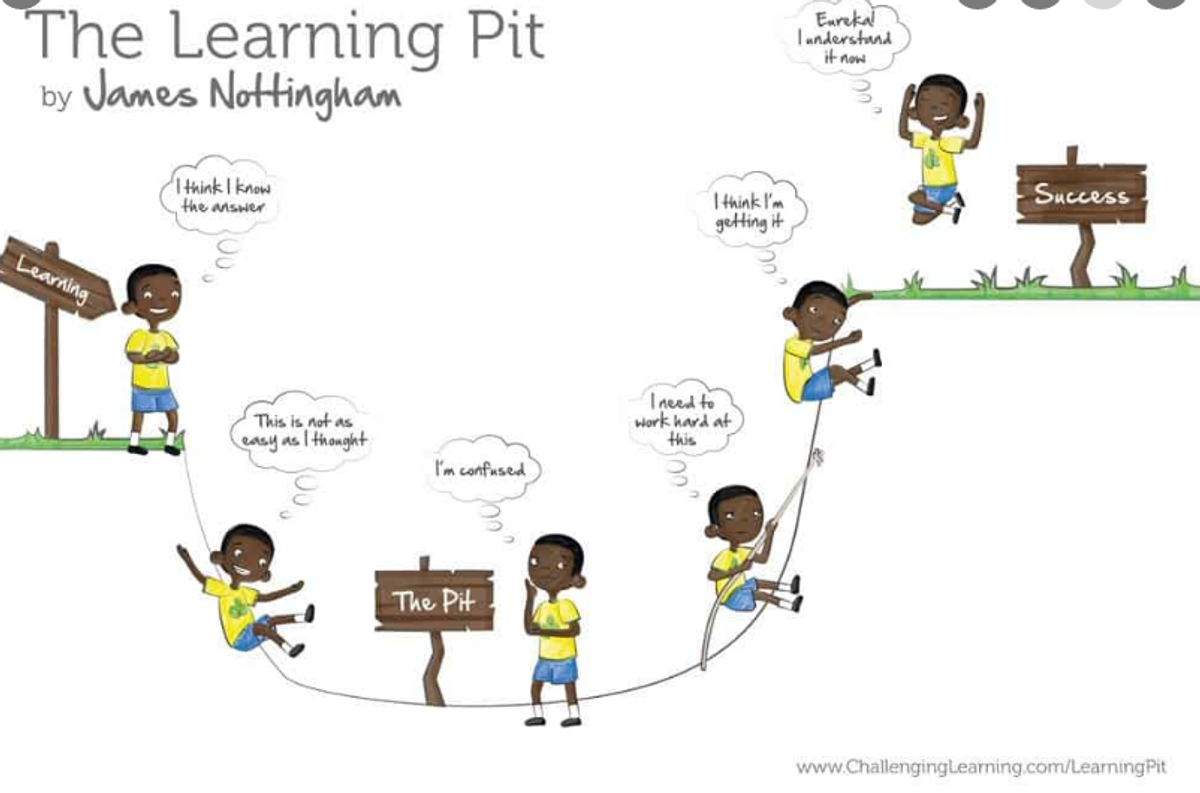Assistant Principal Update
Shane Wilkie

Assistant Principal Update
Shane Wilkie
Welcome back to school following the Easter holiday period. I hope families managed to get some time to relax, recharge, and reconnect. As a family we spent the Easter weekend camping on Lake Hume just north of Albury. The weather was stunning with temperatures in the high 20’s. The kids still swam and had a great time on the jumping pillow, riding their bikes and playing with new and old friends. We then headed over to Adelaide for the AFL gather Round which was a great extended weekend away.
As we head into Term 2, I would like to set out some of the school’s priorities for this term.
Next Tuesday 23 April we will hold our annual Fun Run event. Natalie has done a fantastic job in organising a fun and inclusive event which will allow all students the opportunity to participate in a way best suited to their needs. Students are encouraged to come dressed in their house colours.
Prep - 2 students will run laps of the oval at Alphington Park to complete their Fun Run.
For those students in Years 3-6 who may wish to represent APS at the district cross country, their events will be timed with the top 10 finishers in each age group progressing to the district event.
Thank you to those parents who have volunteered to help on the day. We cannot run these events successfully without your support. We still require a couple more parents to help with Year 3-6 timing and course supervision. Please contact Natalie, Shane or the office if you are able to help between 11:30 and 1:30 next Tuesday.
We are very excited about the day… fingers crossed we get some nice weather!
Our Professional Learning Community (PLC) focus for this term will be Reading. We have gathered a range of student data from Term 1 reading units. From these data sets teachers will evaluate and diagnose student reading goals, guided by our instructional model for reading.
At APS we use the evidence based, Big 6 of Reading.
To be an effective reader requires skills and understandings in decoding, text use and text analysis. Each of these skills and understandings is crucial, but they all take place within an overall focus on meaning making, which is the central purpose of all literate behaviour. Meaning making must be central to the teaching of reading. At APS all teachers teach phonics explicitly, alongside supporting students’ literal, inferential and evaluative comprehension and to support students’ interest, engagement and enjoyment with books and other texts that they read and view.
Alphington Primary utilises the resources from the Literacy Toolkit to provide a balanced approach to the teaching of reading. It includes:
It is fantastic to see so many students riding to school. The benefits of riding are multifaceted. The bike storage on Adams Street is extremely popular and is filling up to capacity most days. We have tided the bike storage area at the Northern part of the school on Yarralea street. This section can accommodate over 20 additional bikes.
Some students have expressed concern that their bikes may have been tampered during the day. While there is always some risk when leaving your bike unattended, it is the school policy that both bike storage areas are out of bounds. We will discuss these with students and have asked teachers on duty to be vigilant.


The ability to take responsibility for their own life, to make decisions that enable them to productively navigate the risks, uncertainties, and challenges they face in life to find a way forward to achieve their personally owned sense of purpose. To become the agent of their own story.
At APS we value concept of student voice and agency, and how it can positively impact student wellbeing. The APS model for student agency starts with our learner dispositions.


Sitting alongside our Learner Dispositions is The Learning Pit model. Originally created by James Nottingham in 2007, the learning pit is part of what he calls a learning challenge. It is a place that a child will be once they have a series of unresolved questions due to thinking deeply about a certain topic. The child will then reach their learning goals once they have their questions answered.
Prior to ‘getting into the learning pit’ the learner is presented with a concept or idea that they already have a very basic, surface level understanding of.
Students get into the learning pit, otherwise known as cognitive conflict, either through the teacher or themselves asking a series of questions about the concept. This is a challenging stage, but it’s important to think more deeply about the concept so that they can understand it more deeply. The learning pit is a positive place to be because it means that the child has fully considered the concept, and now has more questions than they started with. Learners can they get out of the pit by finding answers to their questions.
The final stages of the process involve constructing new knowledge by linking multiple processes and concepts together and reflecting on how they can apply this new learning to different scenarios and situations.


While each of the learner dispositions can be utilised at any stage during the learning pit journey. One way of viewing their application is:
Before getting into the pit:
Optimism – I can do this!
In the learning pit
Creativity – I’m confused! What could I try?
Collaboration – Who else might be able to help me or work alongside me?
Determination – I need to work hard at this!
Out of the pit:
Reflection – What have I learnt? Where else can I apply this?
Have a great week everyone!
Shane Wilkie
Assistant Principal